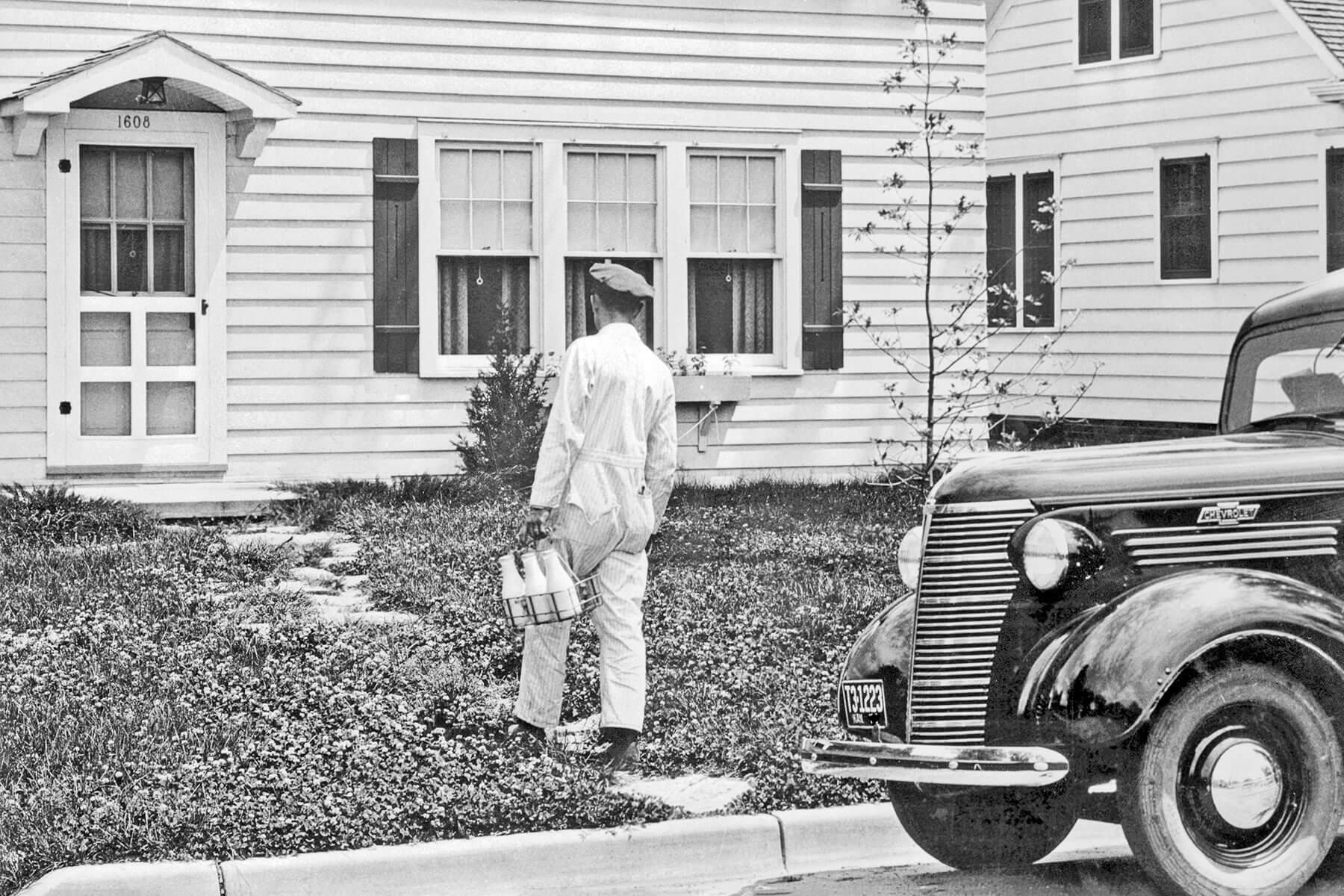The American workforce has transformed dramatically since the 1950s, a decade marked by economic prosperity, suburban expansion, and rapid industrialization. It’s likely that folks at the time couldn’t have imagined how much the U.S. job market would change over the next few decades — or how quickly innovation would make once-common jobs almost obsolete. Careers such as switchboard operator and typist may have seemed stable and essential in the mid-20th century, but time, technology, ...| History Facts
Much like fashion, the cyclical nature of baby names is influenced not only by cultural shifts, but also by historical events and popular media. For instance, in 1931, the name Bella was ranked No. 985 in the top 1,000 female names by the Social Security Administration, which uses Social Security card application data to determine the popularity of names, before falling off the list entirely for 69 years. We can’t be sure why the name made the list again in the year 2000, coming in at No. 7...| History Facts
Grocery deliveries may be a modern convenience, but the service hearkens back to a bygone era when clinking glass bottles signaled the arrival of the milkman. The milkman (or milkwoman, though the job was usually held by men) is a cherished fixture of American history, as a prominent part of much of the 19th and 20th centuries. While milk remains a staple of the American diet, changes in consumerism and technology have made the once-ubiquitous milkman a relic of the past. Cattle farming was...| History Facts



